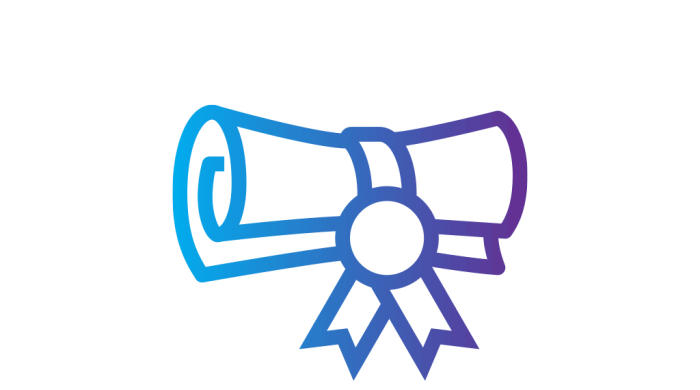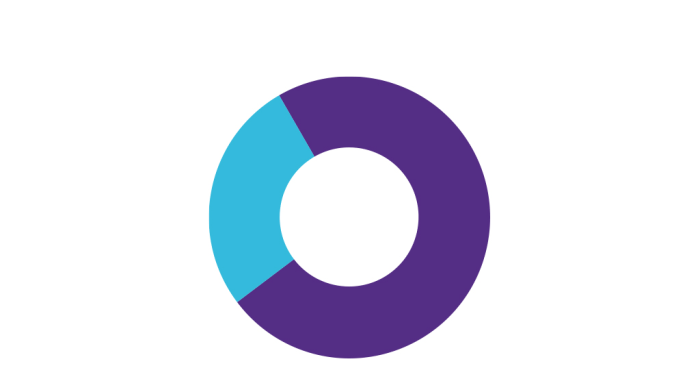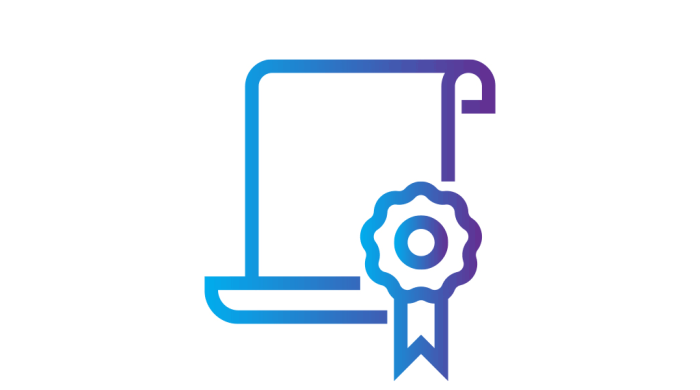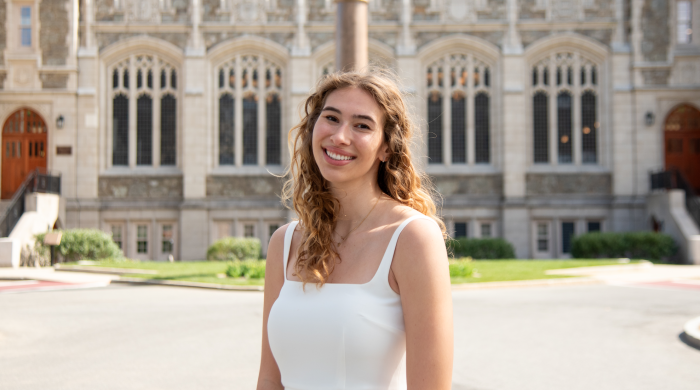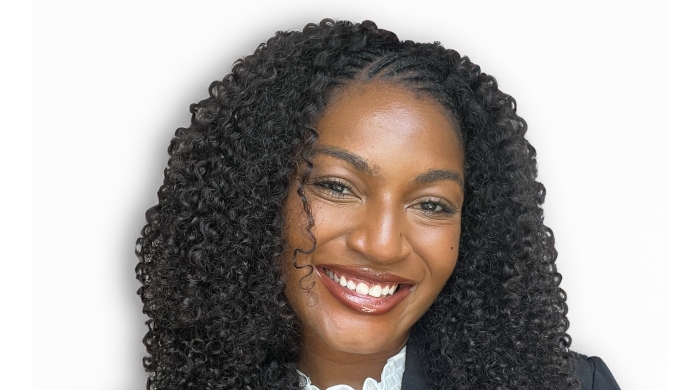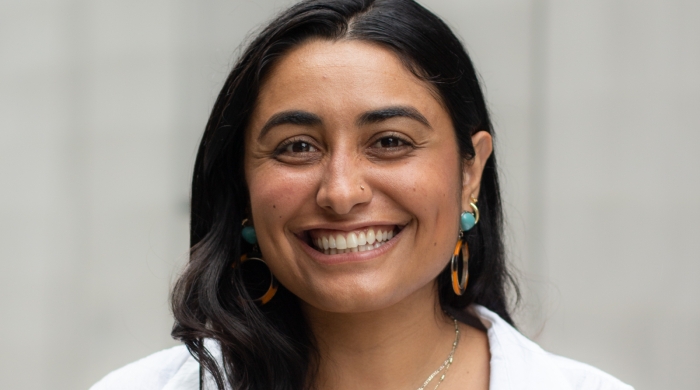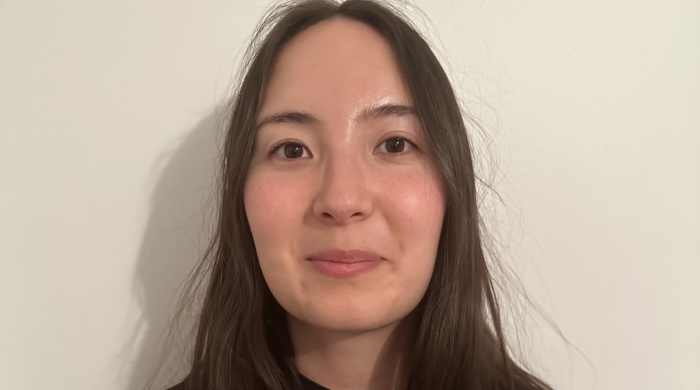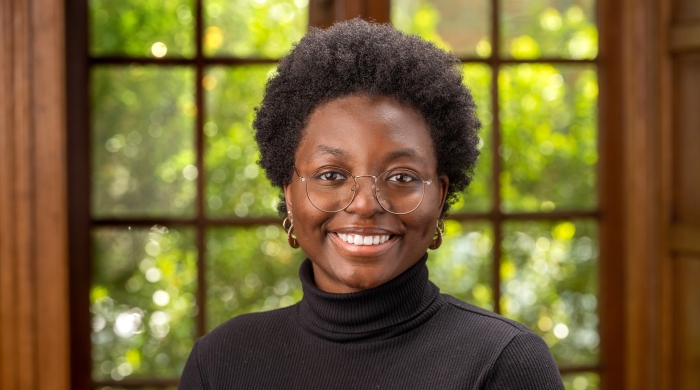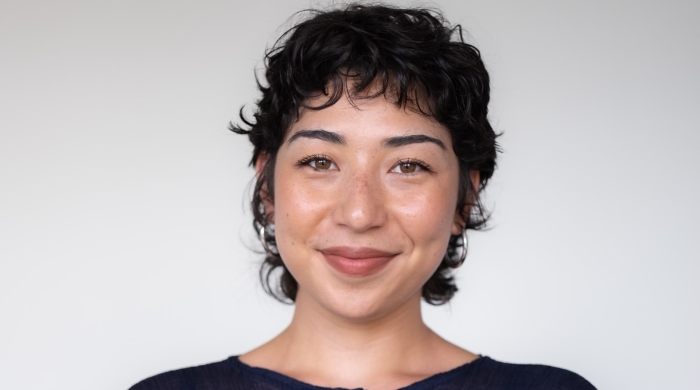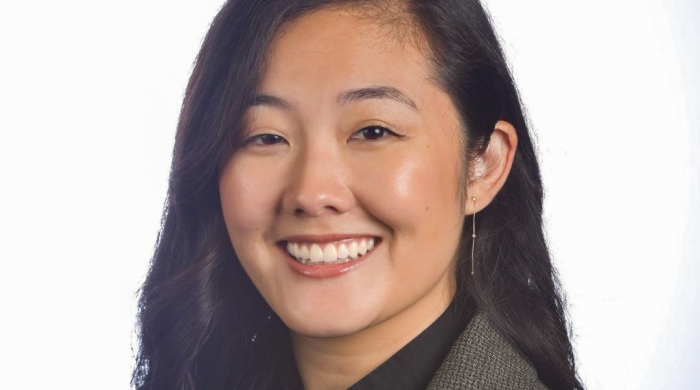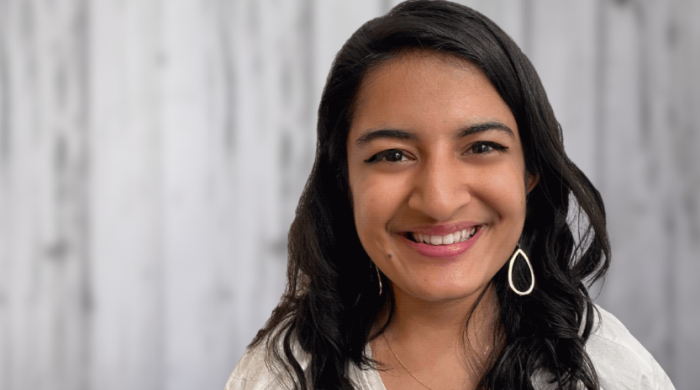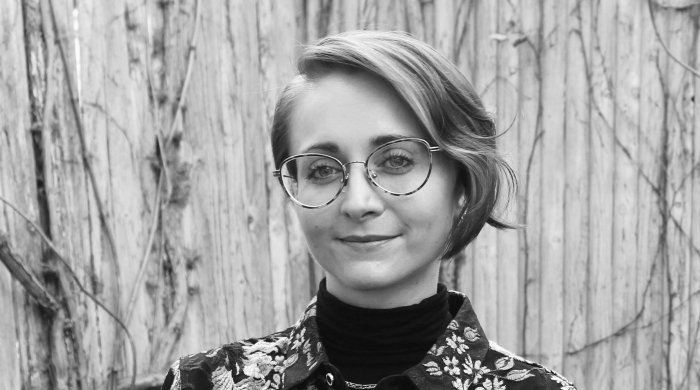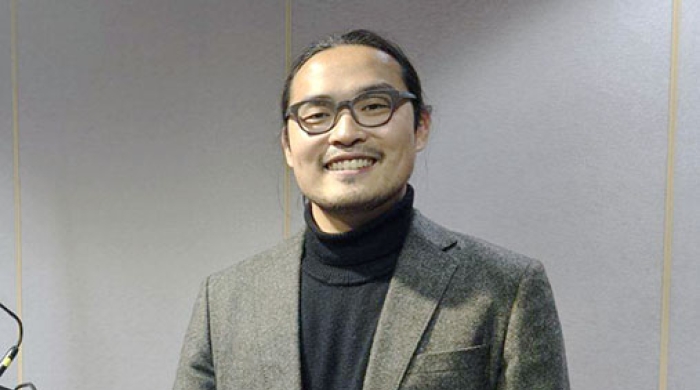
Community Building and Service
In addition to your coursework, clinical training, and research, our program offers valuable opportunities to build your skills in networking, service, teaching, and mentoring. Through these experiences, you'll gain the professional development needed to thrive in your career.
-
The AP Department Colloquium, which meets monthly, is required for all first-year students in the Clinical/Counseling Psychology program and is strongly encouraged for more advanced students. This colloquium series is designed to introduce students to the Department and to the faculty across programs, to foster a sense of community among students, and to contribute to the scholarly and intellectual life of the Department. As a core component of the training program, this series exposes students to critical work in the areas of theory, practice, research, and consultation. Through presentations by nationally recognized experts, faculty, and students, the colloquium explores substantive, methodological, and professional issues in psychology.
-
The Clinical/Counseling Psychology Clinical-Research Days provide a twice-yearly forum for students and faculty to come together to learn about a variety of topics salient to the discipline, development, and profession of clinical and counseling psychology. These forums are intended to bring together the Clinical/Counseling community and help develop collective knowledge on topics such as students' and faculties' ongoing clinical and research work. Students in the program are expected to give scholarly presentations to their peers and faculty on their research and their clinical work on these days. Faculty and other professional presenters also participate.
-
The Diversity, Equity, and Inclusion Committee of NYU's Doctoral Program in Clinical/Counseling Psychology host "Diversity Dialogues” to facilitate discourse on various diversity-related topics and issues relevant to researchers and practitioners in the field of psychology. Topics have included:
- Understanding Intersectional Identities in Clinical Practice
- Challenges and Strategies for Enacting Social Change
-
The Student Action Group (SAG) is a student-founded and student-run organization. The goal of SAG is to work toward the continued growth and development of the Clinical/Counseling Psychology program. The organization seeks to develop and maintain an ongoing working relationship with the faculty in an effort to strengthen our identity as a doctoral program and as psychologists. SAG members are doctoral students from the Clinical/Counseling Psychology program. Members attend SAG meetings, plan and attend social events, and help bring about changes in the Clinical/Counseling Psychology doctoral program by working collaboratively with the faculty and administration.
-
The ability to teach is an important aspect of the program's goal to produce scientist-practitioners who are capable of serving as professionals in academic institutions. Students participate in supervised teaching practice at the MA or undergraduate level, as well as having the opportunity for mentorship by teaching other courses at NYU. All students who teach courses at NYU are either paid hourly as TA's or per course as adjunct instructors. The department also offers students the opportunity to teach as Adjunct Faculty.
-
The Applied Psychology Department hosts weekly writing groups to support:
- Individual student writing goals
- Provide opportunities to structure the writing process
- Community accountability for writing
- Co-writing time and collaboration
Before Clinical/Counseling Psychology
Current students' experiences before entering the Clinical/Counseling Psychology program.
Undergraduate Degrees in:
- Art History
- Economics
- Korean Language and Literature
- Psychology
Completed Master's Degrees:
Completed a master’s degree before enrolling in Clinical/Counseling Psychology.
- 63% Yes
- 37% No
Master’s Degrees in:
- Clinical/Counseling Psychology
- Human Development Studies
- International Education Policy
- Neuroscience and Education
- Prevention Science
- Public Health
- Public Policy
Employment Areas:
94% of all students had a full-time job before enrolling in Clinical/Counseling Psychology.
Students who worked full-time held jobs in the following areas:
- Community Wellness Specialist
- Human subjects protections
- Project Assistant/Manager
- Research Assistant
- Research Coordinator
Meet Our Current Students
Grace Ding
Principal Advisor(s): Dr. William Tsai
Gabrielle Drake
Principal Advisor(s): Dr. Anil Chacko
Madison Forde
Principal Advisor(s): Dr. Anil Chacko
Uma Guarnaccia
Principal Advisor(s): Dr. Shabnam Javdani
Michelle Jeffers
Principal Advisor(s): Dr. Alisha Ali and Dr. Lisa Suzuki
Haja Kamara
Principal Advisor(s): Dr. Shabnam Javdani
Iris Miyako Mann
Principal Advisor(s): Dr. Shabnam Javdani
Kailee Kodama Muscente
Principal Advisor(s): Dr. Anil Chacko
Aakriti Prasai
Principal Advisor(s): Dr. Sumie Okazaki
Christina Wusinich
Principal Advisor(s): Dr. Alisha Ali and Dr. Lisa Suzuki
Qingyi (Grace) Zhang
Principal Advisor(s): Dr. William Tsai

